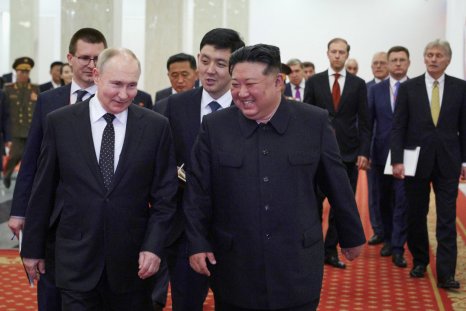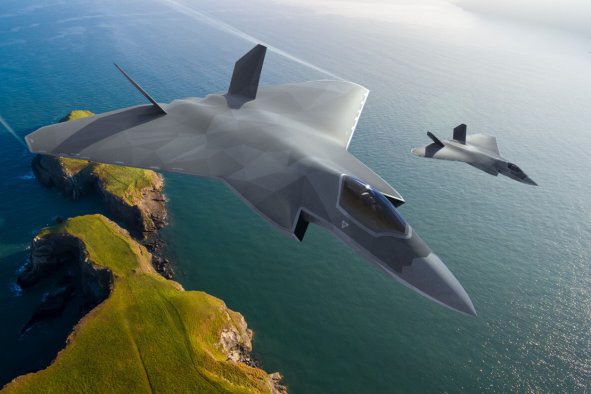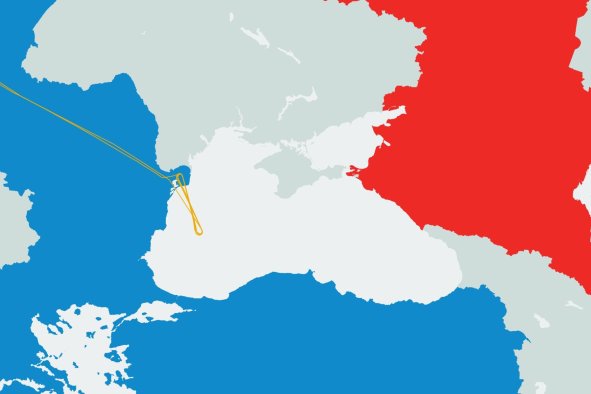The Kremlin has accused the U.S. of confrontation with Moscow after the Pentagon's updated Arctic Strategy outlined how Moscow is collaborating with China militarily in the North Pole region.
Russia has increased its military presence in the Arctic by reopening and modernizing Soviet-era bases and airfields, while China has invested heavily into polar exploration and research.
Russia and China have also been developing Arctic shipping routes. Moscow seeks to push the Northern Sea Route as an alternative cargo route for vessels traveling between Europe and Asia, especially to China. Meanwhile, Beijing seeks to reduce its dependence on the Strait of Malacca, the main shipping channel between the Indian Ocean and the Pacific Ocean.
However, the U.S. Defense Department's Arctic Strategy 2024 sounded the alarm at the extent of this cooperation. Compounded by the enlargement of NATO and the effects of climate change, it has "the potential to alter the Arctic's stability and threat picture."
The report also said that the countries "are collaborating in the Arctic across multiple instruments of national power" and that "their growing alignment in the region is of concern."
In response, Kremlin spokesman Dmitry Peskov told reporters on Tuesday, "yes, examples of confrontation are visible even in this document, which was published by the Pentagon," state news agency Tass reported.
Peskov defended Russia's cooperation with China, saying that it is "never directed against any third countries" and Moscow "contributes to ensuring that the Arctic does not become a territory of discord and an escalation of tension."
Chinese Ministry of Foreign Affairs spokesperson Mao Ning said that, with the Pentagon document, "the United States distorts China's Arctic policy and makes thoughtless remarks on China's normal Arctic activities, [which are] in accordance with international law."
Newsweek has contacted the Pentagon for comment.
The Arctic Strategy described threats posed by Russia's nuclear, conventional and special operations. It was also looking to carry out "lower level destabilizing activities" aimed at the U.S., including through Global Positioning System (GPS) jamming and military flights.
The Arctic Strategy called for more investment in communications and space-based technologies in the Arctic to keep pace with China and Russia, adding that climate change could see the region get "practically ice-free summer by 2030."
Discussing the report, U.S. Deputy Secretary of Defense Kathleen Hicks told reporters on Monday that China is a "major funder of Russian energy exploration in the Arctic," as well as growing military cooperation "with Russia and China conducting joint exercises off the coast of Alaska."
Disclaimer: The copyright of this article belongs to the original author. Reposting this article is solely for the purpose of information dissemination and does not constitute any investment advice. If there is any infringement, please contact us immediately. We will make corrections or deletions as necessary. Thank you.



